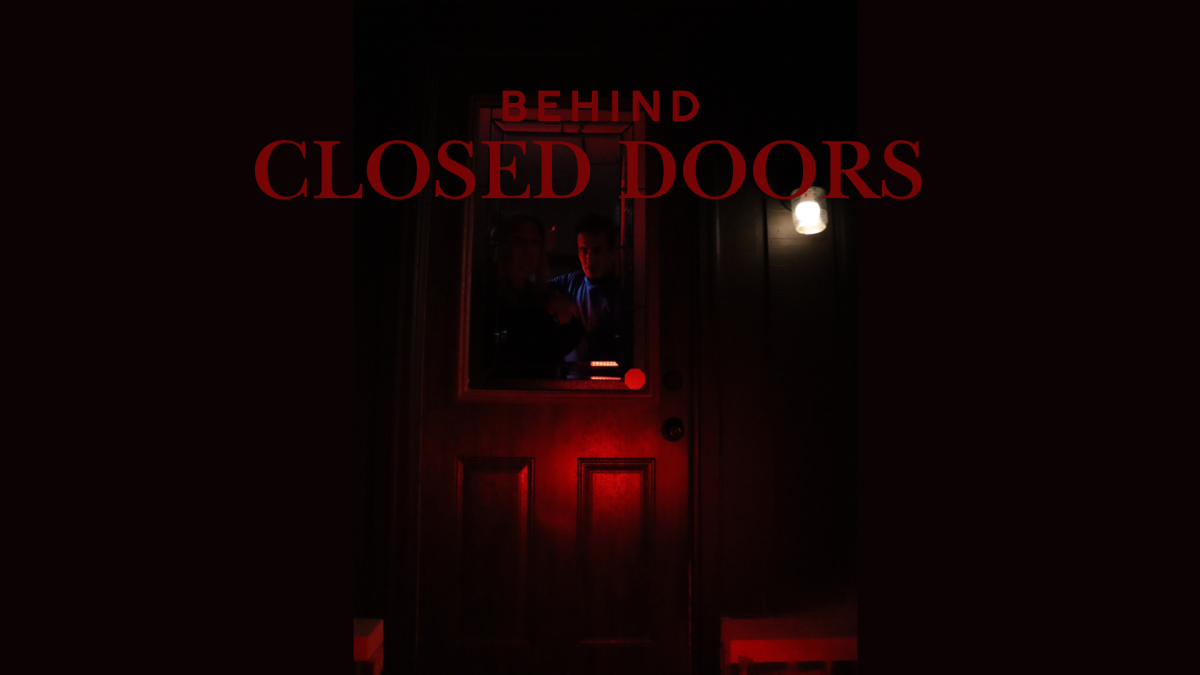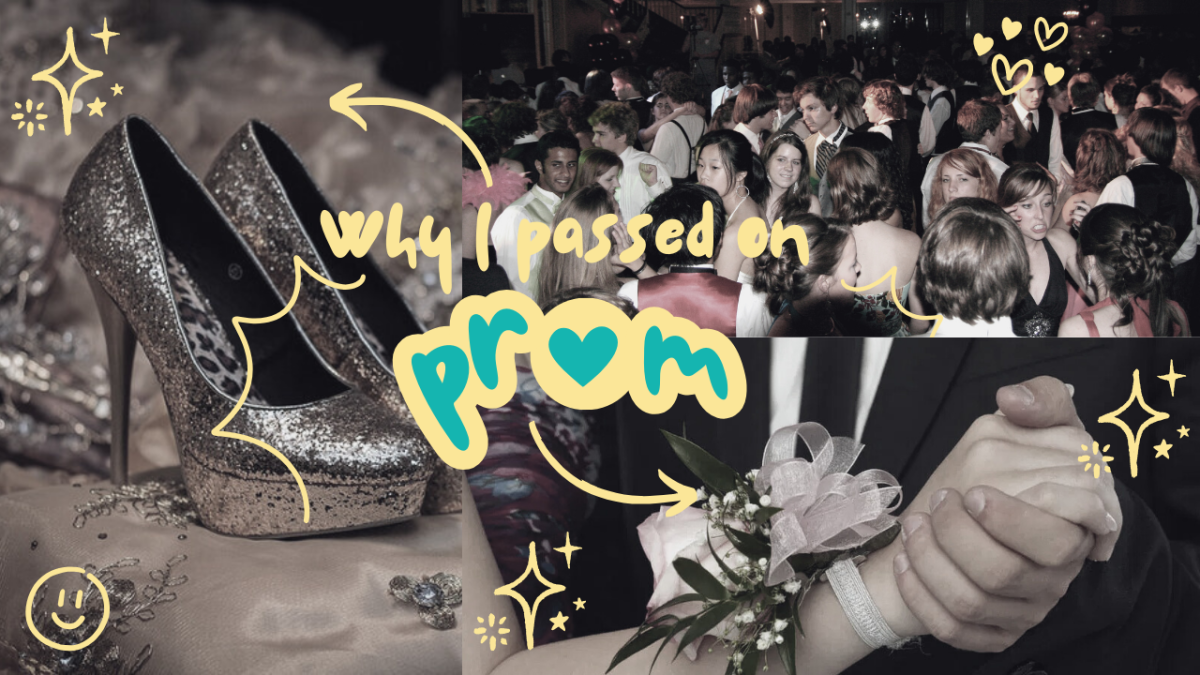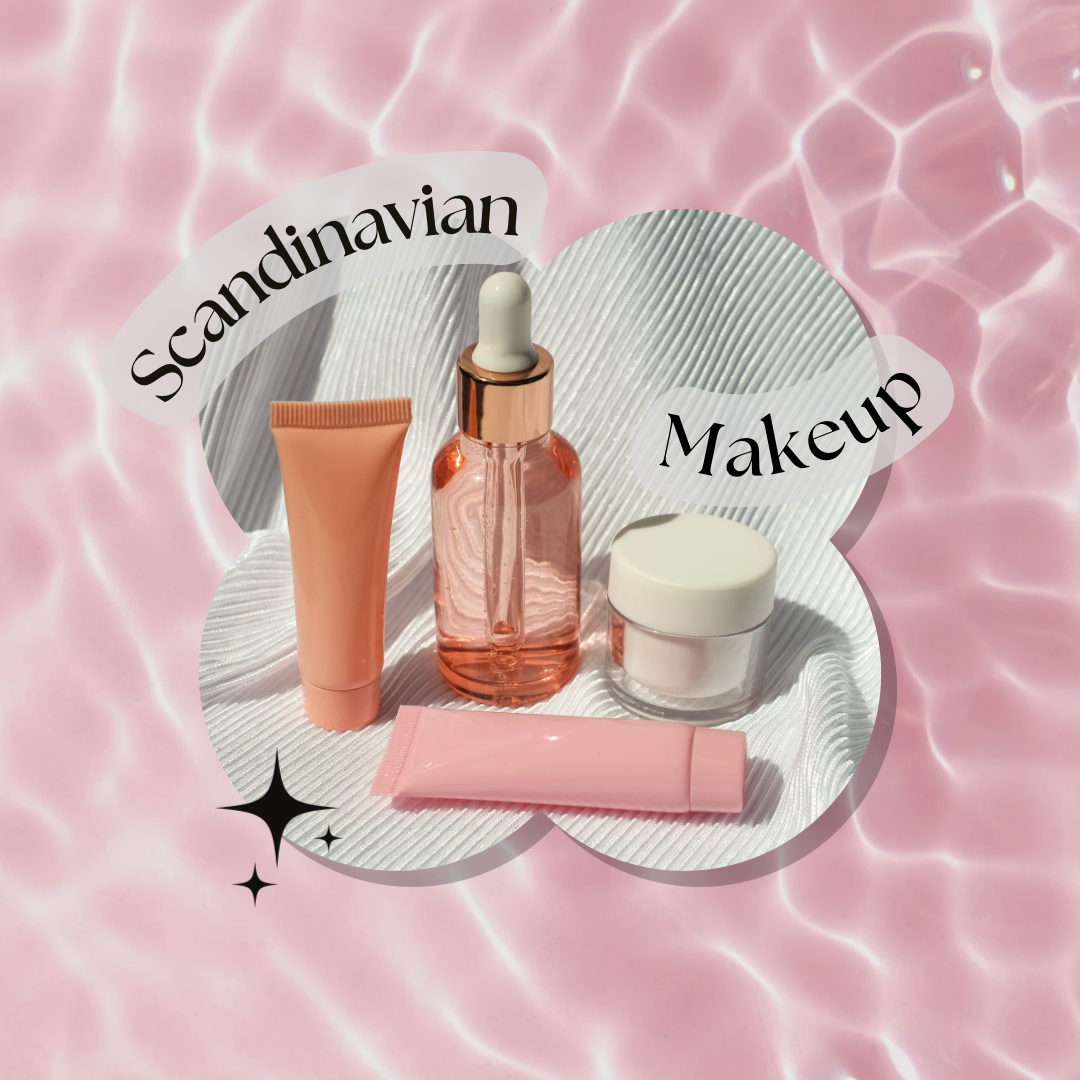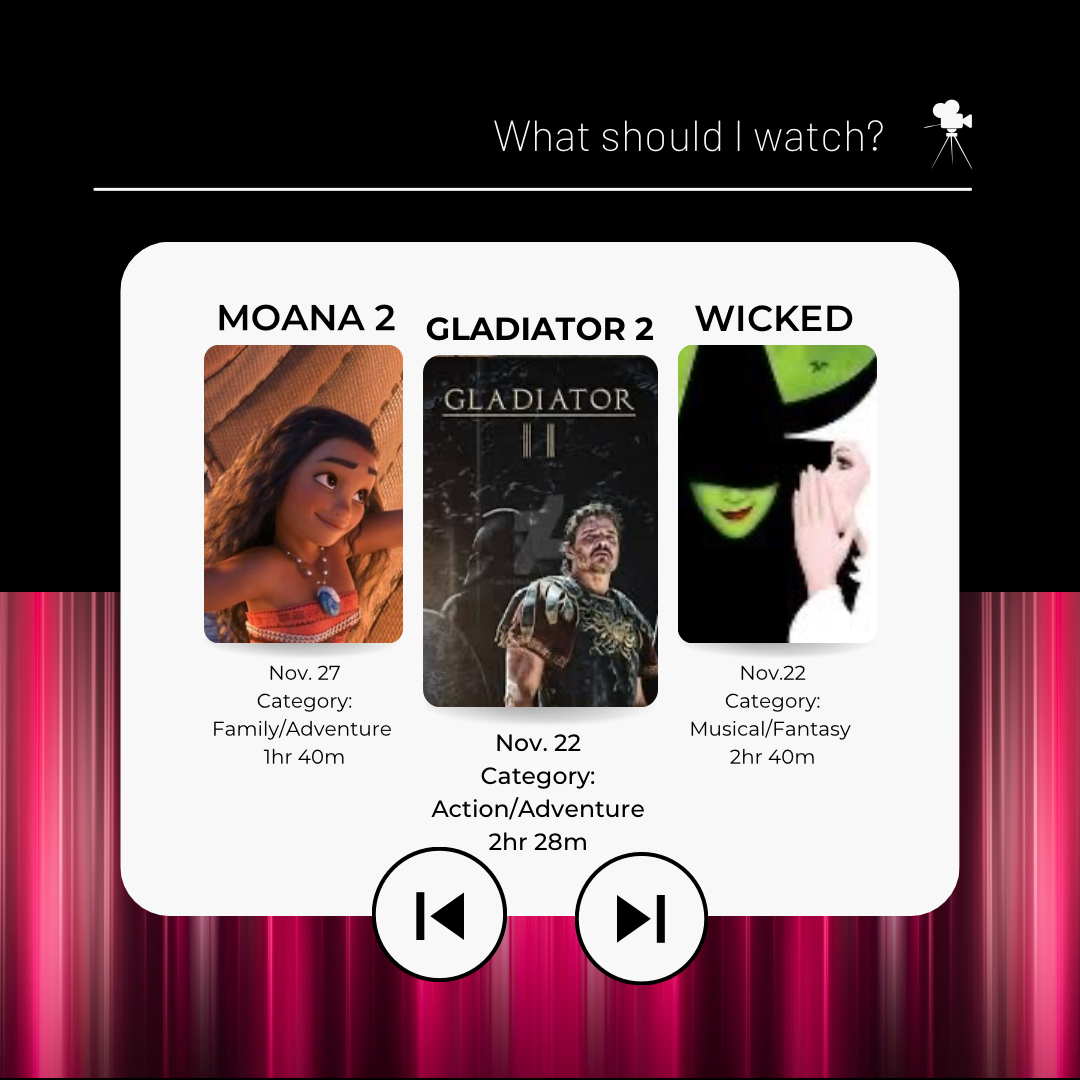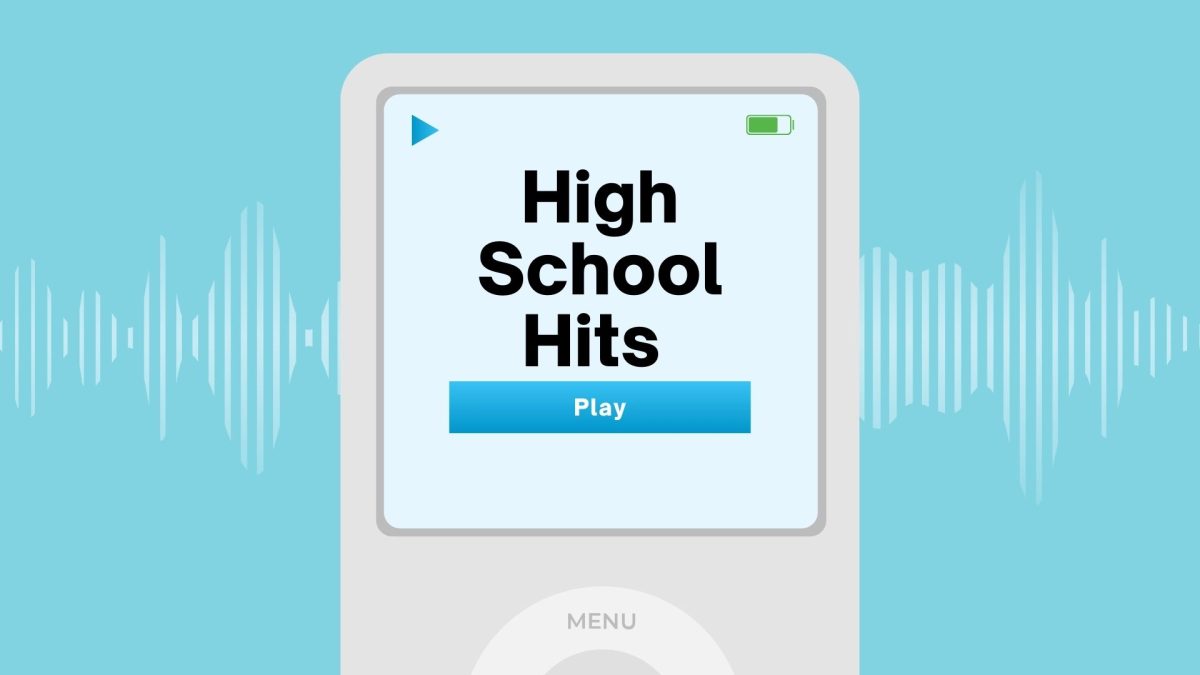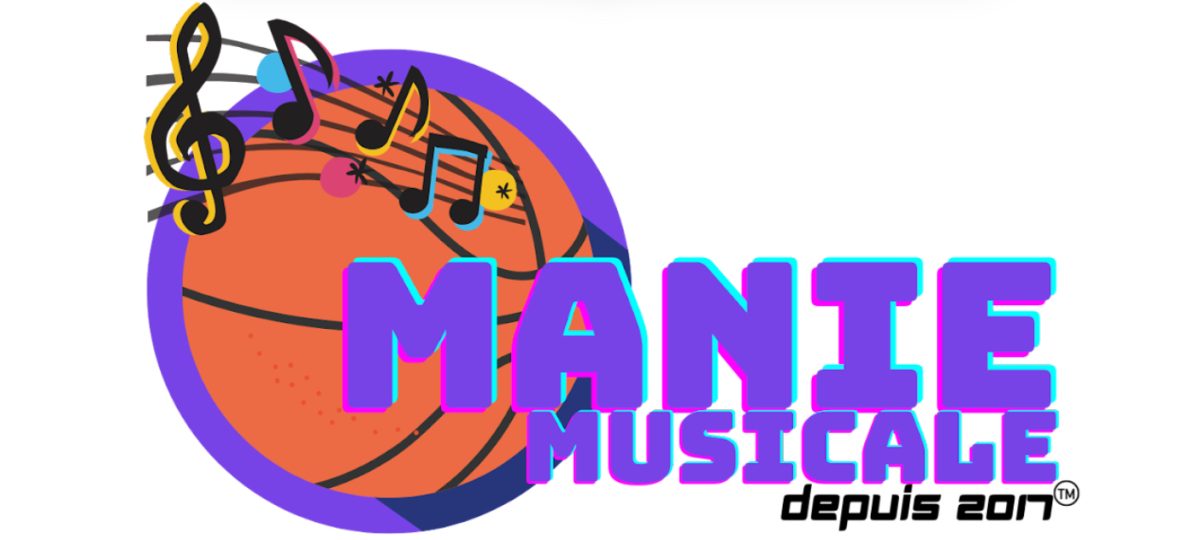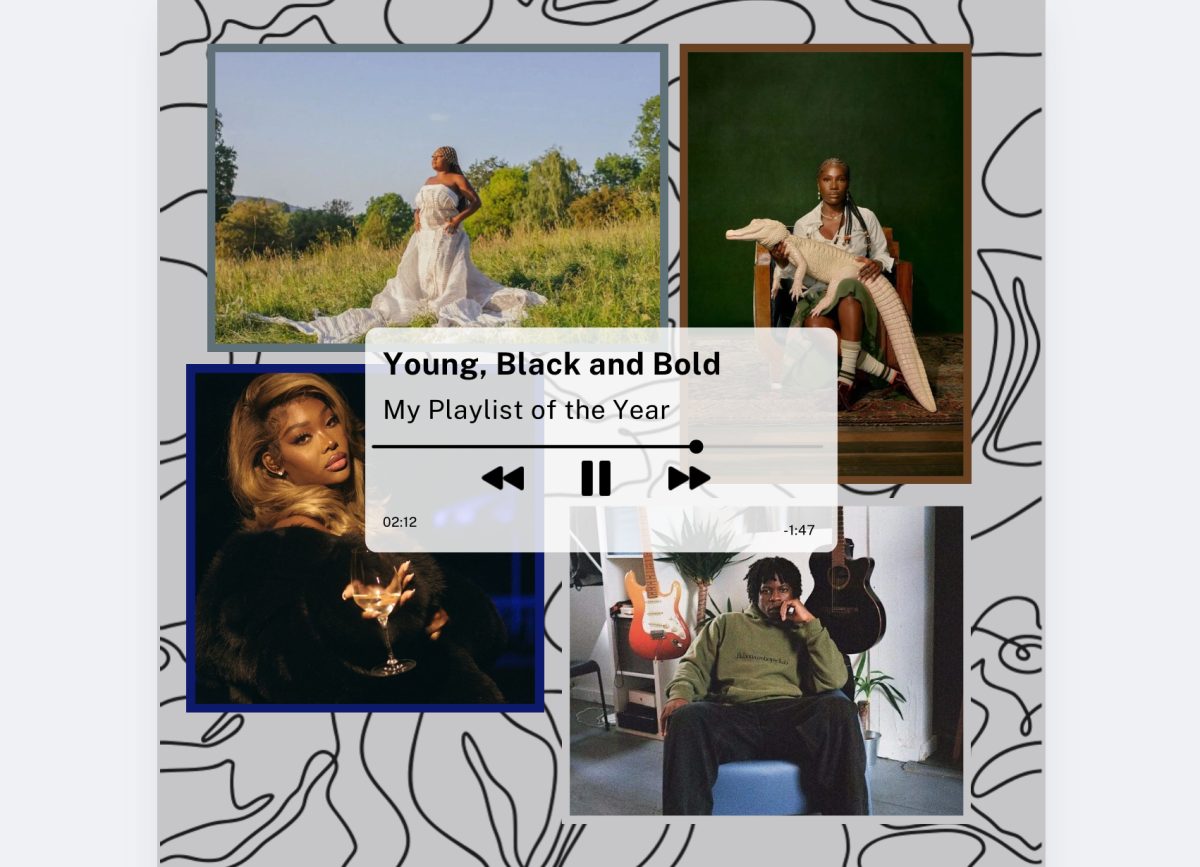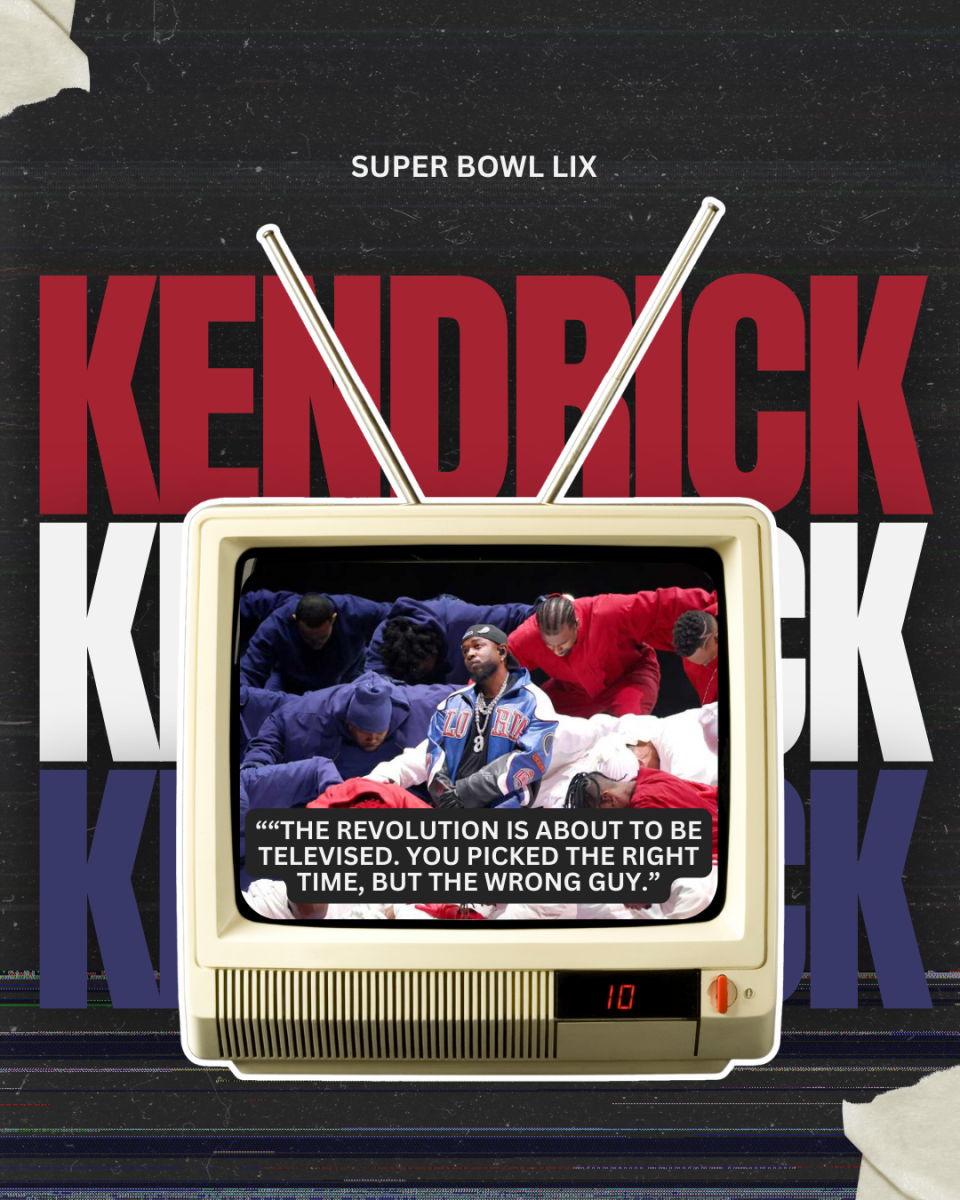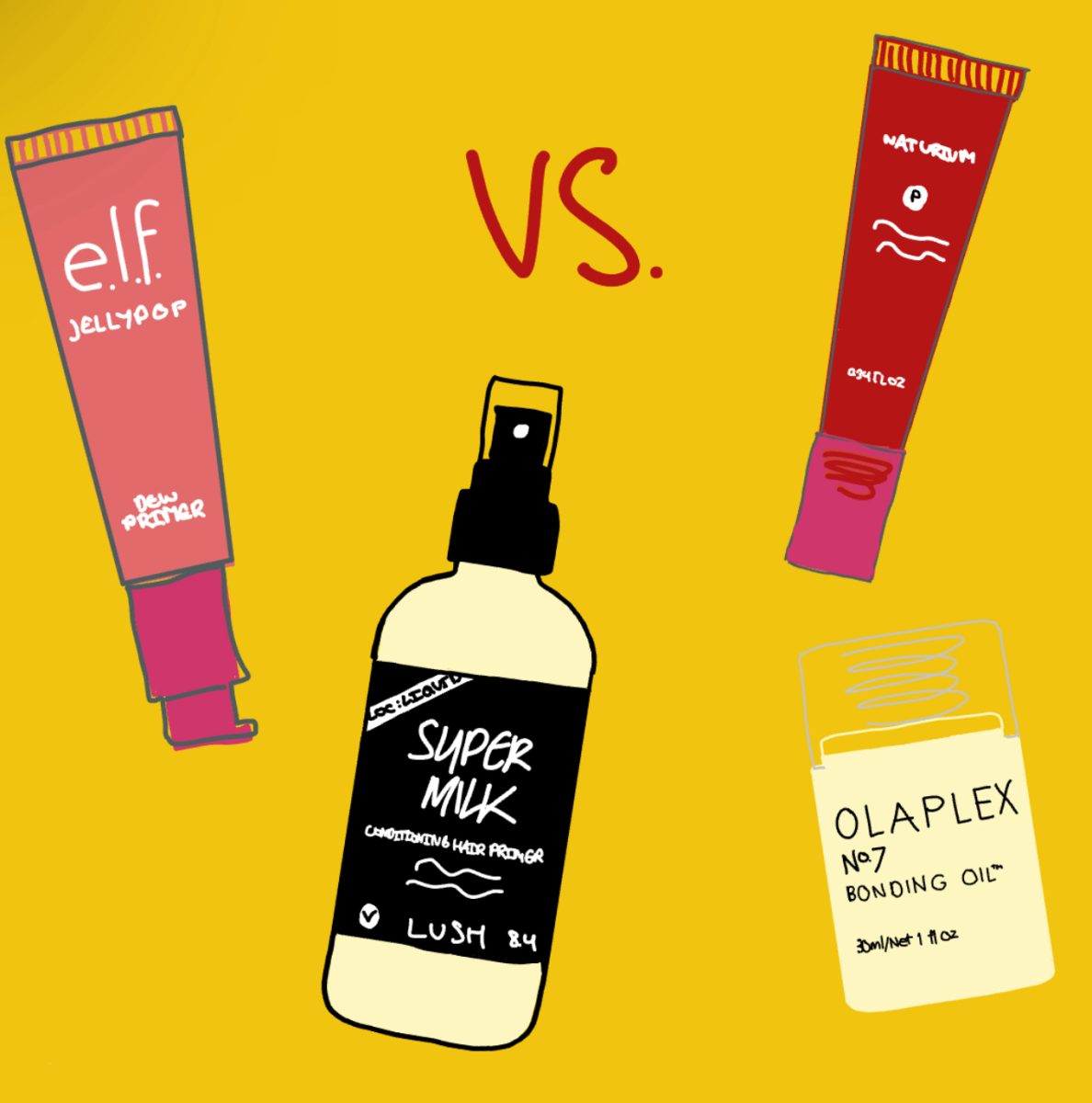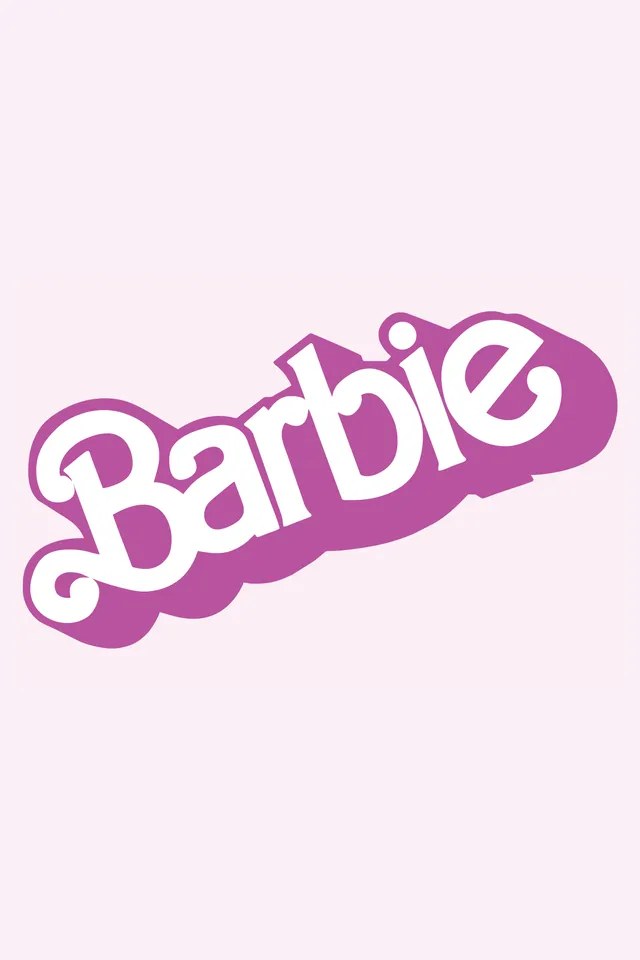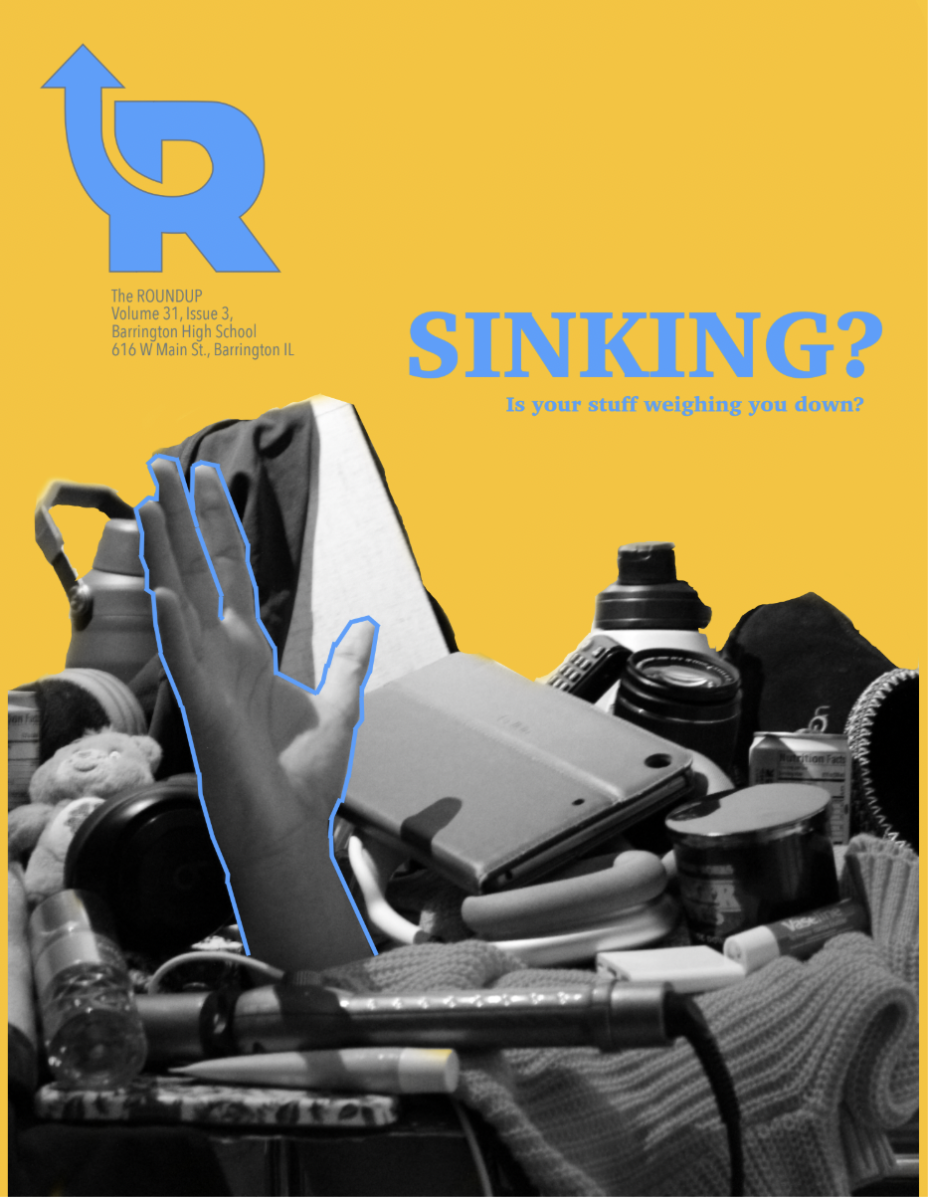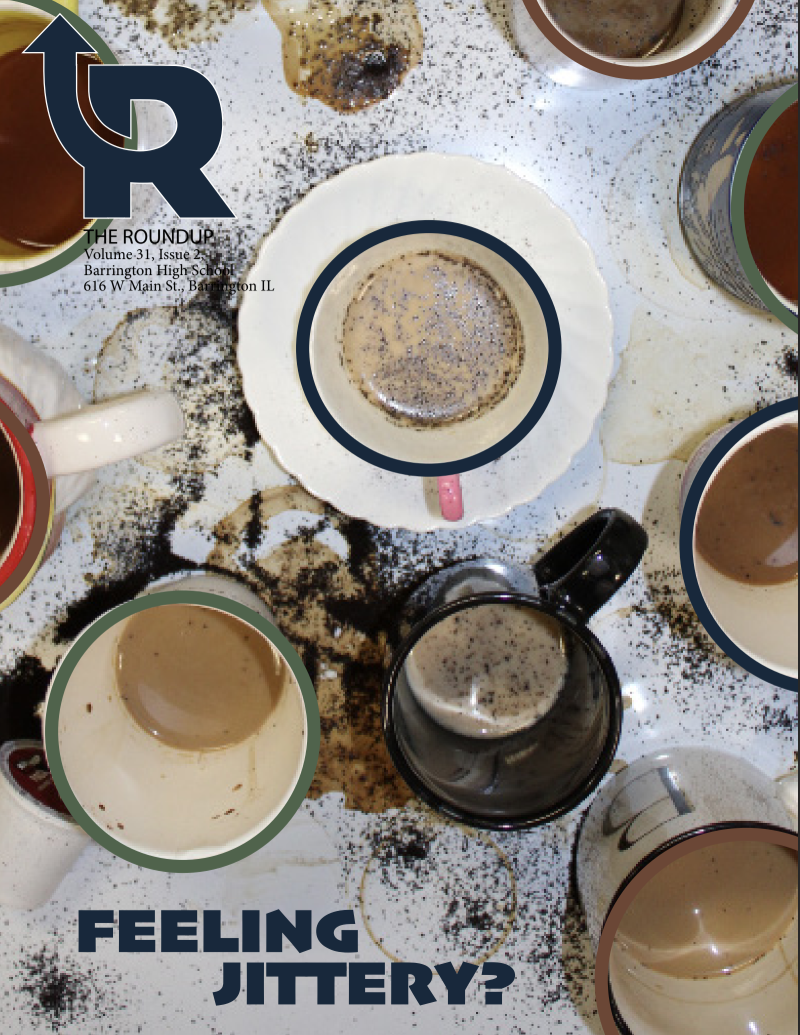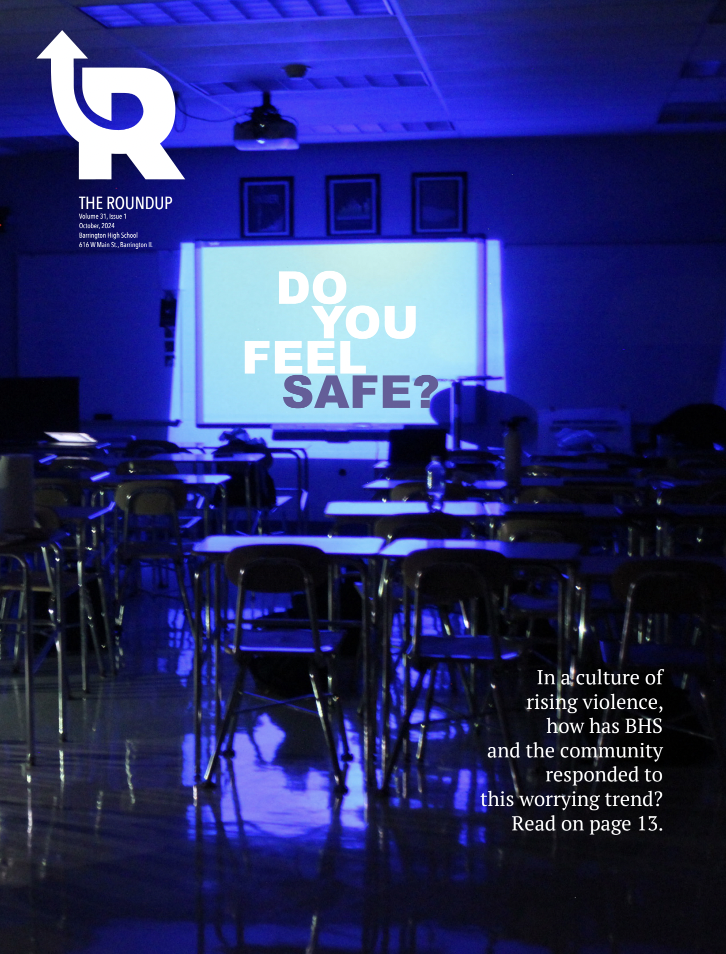A helping hand
Every year, 16.2 million adults in the United States are diagnosed with depression. Every day is a challenge, beginning with forcing yourself out of bed in the morning and ending with struggling to fall asleep at night. But some believe the solution is here.
Alexis, 25, has been close friends with my older sister since they were children. When she was only 16 years old, she was clinically diagnosed with depression. Although she had experienced childhood trauma, she was surprised by the diagnosis.
She slowly stopped doing extracurricular activities, and her friend group grew smaller and smaller. As high school went on, and she got older, she received counseling and medication which allowed her to manage her depression and graduate. However, the depression was still there, changing her mood almost every day, and making life a challenge.
While medication helped, it also affected her personality and made her feel “zombie-like”. She was on SSRIs (Selective Serotonin Reuptake Inhibitors, a medication commonly used for mood disorders) which are widely known to have adverse effects on users’ moods and mental state. Short-term use can be found to cause restlessness, drowsiness, and vomiting, while long-term use can cause weight gain, erectile dysfunction, and feelings of emotional numbness.
Psychiatrists and doctors have decided that this is a necessary evil, as traditionally these are the only medications that can treat mood disorders. However, as the medical community advances, and new methods are introduced, or in the case of this story, old methods are methodized for new causes.
In March of 2019, the FDA approved a nasal spray form of Esketamine, traditionally a drug used as an anesthetic and horse tranquilizer, as a treatment for depression. While initially many were taken aback, doctors had found that Esketamine treated depression differently, but more effectively than traditional SSRI’s.
While SSRI’s adjust serotonin levels, Esketamine blocks the receptor for a chemical called glutamate, altering the levels of glutamate in your brain. This is tremendous, as glutamate plays a huge role in depression. While a depressed patient may be on SSRI’s for years, two treatments with Esketamine has been found to cause a huge drop off inpatient depression in a short of a time span as a few months.
I sat down with Alexis and talked to her, not only with her experiences with SSRIs and Esketamime but her experience with depression as a whole.
When were you first diagnosed with depression and when did you begin taking a prescription for it?
It was around Halloween of my sophomore year. I’d be feeling off for quite a while at the time, at least 5 months, but it really started to affect me then. I was hardly getting out of bed. I saw a psychiatrist, told her my symptoms and got diagnosed. I wasn’t terrified of hearing I had depression but there was a pit in my stomach for sure. I have prescribed Fluoxetine (brand name Prozac) and began taking it daily.
Did the prescription help with your depression? How did you feel?
While my feelings of depression were combatted, the side effects of the SSRI’s were no joke. I was constantly exhausted, I felt as though my old, loud personality had been replaced with a much more hollowed-out version. I made the mistake of not taking my medication shortly after I first started taking it. This caused me huge amounts of depression and anxiety, which my doctor warned about.
When did you hear about, and subsequently try Esketamine?
I had been following the studies of ketamine and its effects on depression since clinical studies began in the UK in the late 2000s. It was rescheduled for medical use in March, and I talked to my doctor about in April and my first session was in May, I believe. The administration was a nasal spray I was to use twice a week for the first month, once weekly for the second month, and once biweekly the months after. How were the two experiences of the drugs comparable? While Esketamine did still have side effects, as any drug will, it was much milder in comparison to Prozac, with slight lightheadedness at times, but the emotional shell I had developed around my true emotions was broken. I began to feel more and more like myself, while the feelings of depression dwindled. It is a much more effective treatment, at least in my own personal experience.
While this may just be the beginning of the revolution of treatment of depression, it’s a massive step forward.
Your donation will support the student journalists at Barrington High School! Your contribution will allow us to produce our publication and cover our annual website hosting costs.












